How many times have we seen someone we love refuse to do something without ever trying? In our hearts, we know that if they would just give it a try, there is a good chance that they would succeed. We may think, “They lack self-esteem or self-worth” this is partially correct, but it is missing the most important part of the equation: Self Efficacy.
Self-efficacy is one’s belief in the ability to accomplish a particular task. Self-efficacy differs from self-esteem, which is the respect one has for oneself; this is an important distinction when dealing with adolescents. For the pre-teen and teen population, the general confidence adolescents have in their ability to accomplish a task correlates directly to whether they are successful in that task or not. At Blue Ridge Therapeutic Wilderness we find it particularly true while working with individuals suffering from substance use problems.


